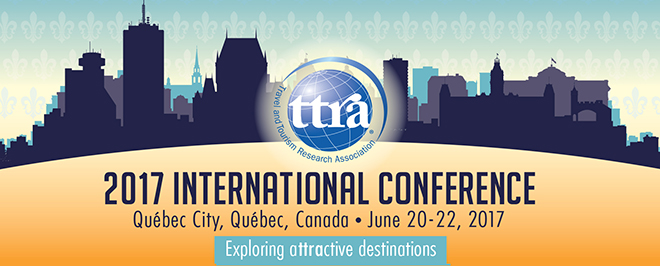Abstract (150 Words)
This study investigates how Asian-Canadians and Anglo-Canadians are different from each other in terms of their travel motivation and travel constraints. The data used for this study were obtained from the Travel Activity and Motivation Survey 2006 conducted by Statistics Canada. Both univariate and multivariate analyses were employed to analyze the data. The results indicate that there were substantial cultural differences in terms of travel motivation and travel constraints. For example, Asian-Canadians were more motivated to travel because of seeking knowledge and seeking relaxation than Anglo-Canadians; Asian-Canadians were more inhibited by time and money to travel than Anglo-Canadians. The implications of such differences were discussed.
Does Culture Matter? A Comparison of Anglo-Canadians’ and Asian-Canadians’ Travel Motivations and Travel Constraints
This study investigates how Asian-Canadians and Anglo-Canadians are different from each other in terms of their travel motivation and travel constraints. The data used for this study were obtained from the Travel Activity and Motivation Survey 2006 conducted by Statistics Canada. Both univariate and multivariate analyses were employed to analyze the data. The results indicate that there were substantial cultural differences in terms of travel motivation and travel constraints. For example, Asian-Canadians were more motivated to travel because of seeking knowledge and seeking relaxation than Anglo-Canadians; Asian-Canadians were more inhibited by time and money to travel than Anglo-Canadians. The implications of such differences were discussed.


